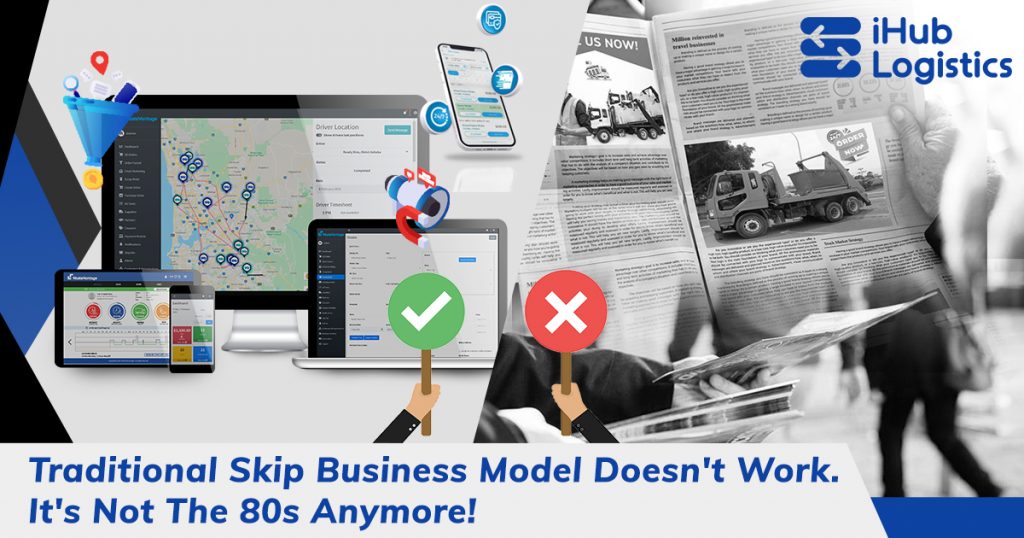
In the 1980s, the skip business model was very profitable. However, it is no longer the 1980s and the traditional skip business model doesn’t work anymore. The internet has changed the way people buy and sell things, and skip companies have not kept up with the times.
Instead of selling directly to customers, they now sell through intermediaries such as online directories and classified websites. This means that they are not able to control their prices and are often undercut by other providers.
In addition, customers are now more likely to hire a skip company that offers an online booking system and electronic invoicing. Skip companies that don’t offer these services are at a disadvantage.
Finally, the traditional advertising methods used by skip companies are no longer effective. Newspaper ads and Yellow Pages listings are no longer seen by as many people as they once were, and potential customers are now more likely to search for skips online.
For all these reasons, it’s clear that the traditional skip business model doesn’t work anymore. If you want to be a successful skip company, you need to adapt to the new reality of the internet age.
Traditional Skip Bin Business Models vs Digital Business Models

Digital business models are becoming increasingly popular and offer several advantages over traditional models.
- Reach a wider audience.
- Potential to generate more leads.
- Allow for a more personalised service.
- Provide a superior customer experience.
- Scale more quickly and efficiently.
- Offer higher quality service at a reduced cost.
The traditional skip bin business model is no longer the only option for businesses in this industry.
Benefits of Data Analytics in Waste Management
In today’s digital age, data is often referred to as the ‘new oil’. For the waste management industry, leveraging data analytics can provide transformative insights. By analyzing data patterns, businesses can:
- Customer Insights — Understand customer behaviour, preferences, and trends, allowing for tailored services and improved customer satisfaction.
- Operational Efficiency — Identify inefficiencies in waste collection routes, optimizing them for time and fuel savings.
- Predictive Analysis — Forecast waste generation patterns, helping in resource allocation and inventory management.
- Waste Reduction — Analyze types and sources of waste, leading to targeted waste reduction strategies and sustainable practices.
- Decision Making — Empower decision-makers with real-time data, ensuring informed and strategic choices.
Embracing data analytics through waste management software not only streamlines operations but also drives innovation, setting businesses ahead in the competitive landscape.
How Skip Bin Software Can Assist Your Skip Hire Company

As any skip hire company knows, dealing with waste can be a significant challenge. Not only do you have to manage the physical act of picking up and delivering the skip, but you also have to keep track of bookings, payments, and job status. This is where the right software solution becomes invaluable.
Enter WasteVantage. This skip bin software is designed to alleviate these challenges, offering a range of features that can streamline your operations.
From an integrated online booking system to live GPS tracking and report generation, WasteVantage is the comprehensive solution that modern skip-hire businesses need.
With WasteVantage, you can shift your focus to providing excellent service to your customers, leaving the administrative hassles behind. The software ensures that you can operate efficiently in the digital age, reducing paperwork and manual processes.
To discover how WasteVantage can transform your skip bin business into a digital powerhouse, contact us today.
